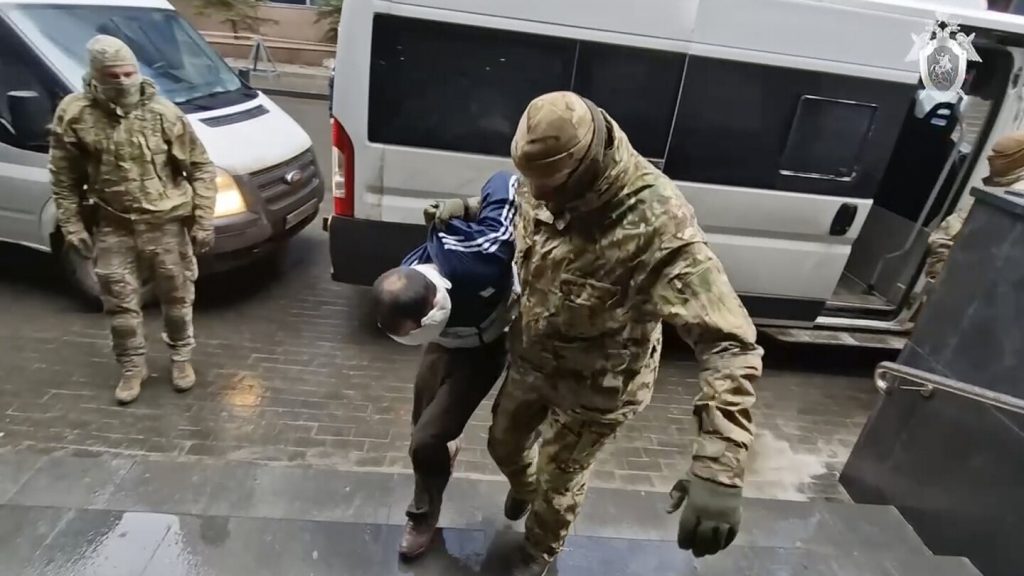Russian President Vladimir Putin has identified the gunmen who carried out the deadly attack at a concert hall in suburban Moscow as “radical Islamists.” Despite the Islamic State’s Afghanistan affiliate claiming responsibility for the attack, Putin continues to suggest Ukrainian involvement, which has been strongly denied by Kyiv. The attack resulted in the deaths of 139 people and left over 180 injured, making it the deadliest in Russia in years. Putin emphasized the need to determine who ordered the attack and investigate why the attackers tried to flee to Ukraine.
Putin’s accusations of Ukrainian involvement have been met with skepticism, especially as evidence points towards the Islamic State being responsible for the attack. French President Emmanuel Macron also pointed to an IS entity as the source of the attack. Putin’s claims have raised concerns that he is attempting to drum up support for his war efforts in Ukraine. The United States has been working to convince other countries that Ukraine had no role in the Moscow terror attack, attributing it to followers of Islam and IS group members.
The four suspected attackers, all Tajikistan nationals, were arrested and remanded by a Moscow court. Reports emerged that the suspects were tortured during interrogation, raising questions about the credibility of their statements. Russian media also reported that additional suspects have been detained in connection to the attack. Calls for severe punishment, including the restoration of capital punishment, have been made by Russian officials and lawmakers. However, human rights advocates have condemned the violence against the suspects and emphasized the need for a fair and humane legal process.
Russian authorities have intensified their search for suspects involved in the attack, with a priest conducting a service at the site of the incident. The brutal nature of the attack, with concertgoers being mowed down by gunfire and the resulting fire causing the roof to collapse, has shocked the nation. The victims and their families have been remembered and mourned, with many calling for justice to be served. The treatment of the suspects and the public display of their injuries has raised concerns about extrajudicial methods and potential violations of human rights.
The concert hall attack has proven to be a significant challenge for Putin, coming soon after his re-election and amid heightened security measures in Russia. The failure of the security apparatus to prevent the attack despite warnings from the U.S. has led to criticism and questions about the government’s ability to protect its citizens. The ongoing investigation into the attack and the identification of additional suspects suggest that the situation is far from resolved. The threat of further attacks and the involvement of extremist groups like the Islamic State remain pressing concerns for the Russian government and the international community.
The attack in Moscow has reignited fears of terrorism and raised questions about the effectiveness of security measures in Russia. The response from Russian officials, including calls for extreme punishment and the public display of suspects, has prompted concern from human rights groups. The implications of the attack, both in terms of security measures and political repercussions, are yet to be fully understood. The role of extremist groups like the Islamic State in Russia and the broader region remains a complex and evolving challenge for governments and security forces.


